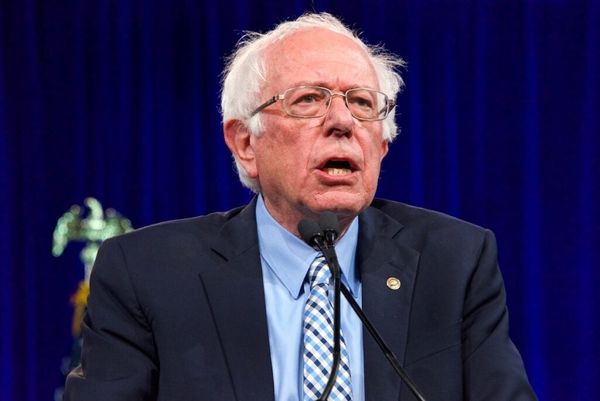
Rural Australia and Tasmania will receive almost no benefit from the $250bn stage-three tax cuts, a new analysis has found, with Jacqui Lambie hardening her stance against them.
Research by the Australia Institute has concluded rural and regional communities will receive the least benefit from the controversial final stage of the Morrison government tax reforms, given their comparatively lower earnings.
Nationals electorates and Tasmania, outside Hobart, are among those who will see the least flow-on effects from the final stage, where almost half of the benefit will go to people earning more than $180,000.
Lambie, whose vote gave the Coalition the support it needed to pass the tax package in 2019 but has since called for stage three’s scrapping given the change in economic circumstances, said there was no justification for continuing with stage three it as legislated.
“It’s arse about face, giving money to people like me who don’t need it and giving nothing to the people who are screaming for assistance,” she said.
Lambie believes the package can be tapered to give more benefit to people at the bottom end.
“This idea that it will be inflationary is just bullshit. They won’t be spending it at shops, they’ll be paying their bills. We’ve got to do something to help people being wiped off their feet.”
Using taxation statistics and figures from the Parliamentary Budget Office, the Australia Institute has calculated a winners and losers list in terms of benefits from the final stage.
The Tasmanian electorates of Lyons, Braddon and Bass are least likely to benefit from the tax reforms, with researchers estimating just $130m in combined value will flow through to people living in those seats.
The seat of Spence in South Australia and Maranoa in rural Queensland round off the bottom five. Hinkler in regional Queensland, Franklin in outer metro Tasmania, Lyne and Page in rural New South Wales and Nicholls in rural Victoria finish off the bottom 10.
The institute calculates taxpayers in the bottom 20 electorates – including Blaxland, Fowler, Lingiari, New England, Mallee, Wide Bay, Calwell, Kingston, Indi and Monash – will pay just $1.1bn less tax in 2024-25 because of the stage three changes.
By comparison, taxpayers in the top 20 electorates that are expected to benefit – led by independently held North Sydney, Wentworth, Warringah, Curtin and Tanya Plibersek’s electorate of Sydney – will pay $4.8bn less tax in that same year.
Taxpayers in the top five electorates will pay less tax due to stage three than the bottom 20 electorates combined.
Matt Grundoff, senior economist at the Australia Institute, said the tax cuts would just widen the divide between the city and the bush, rich and poor.
Lambie’s colleague Senator Tammy Tyrrell said it was now up to MPs to advocate for their communities.
“Take a look at Lyons,” she said. “They’re getting the least of any electorate in the country. But it’s represented by an MP who won’t go against the party line and speak out about these unaffordable tax cuts.
“Stage three should be postponed by a year, revised, and taken to the next election.”
The Greens have been calling for an end to stage three almost since the policy was were first floated, while the Liberal MP Bridget Archer has said she was “open minded about considering any possible or proposed changes” to the legislation.
Labor remains committed to the reforms it helped legislate, with Anthony Albanese saying as recently as Tuesday there were no plans to change it.
“Well, I’ve said every time I’ve been asked about this for some period of time that there’s been no change in the government’s position,” he said.
• This article was amended on 19 April 2023. A figure of $48bn in the Australia Institute report should have been $4.8bn.







